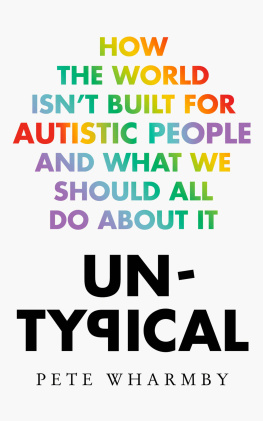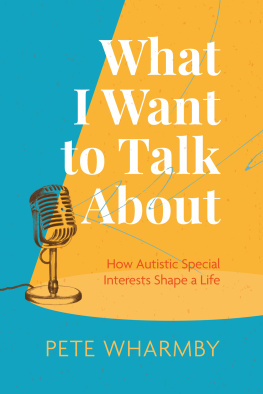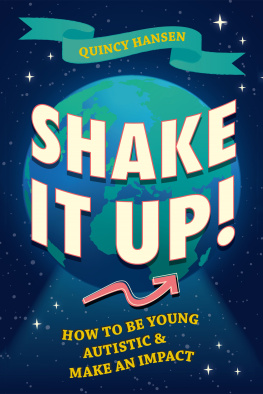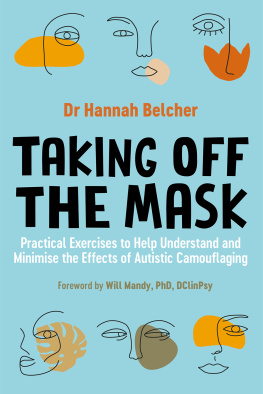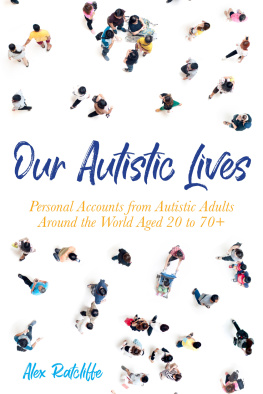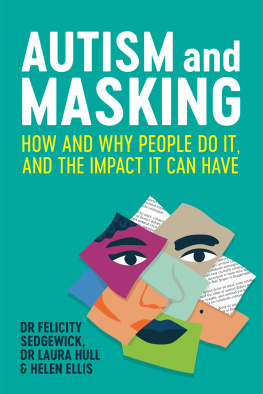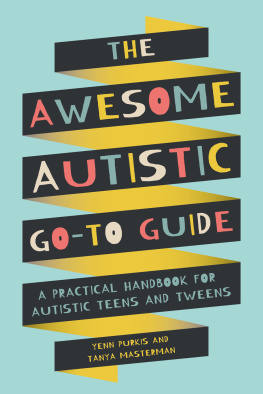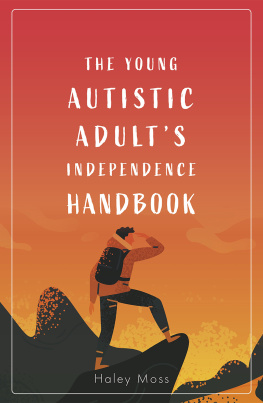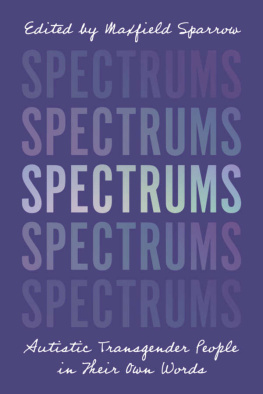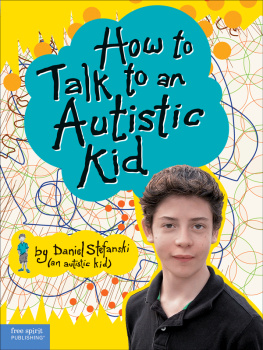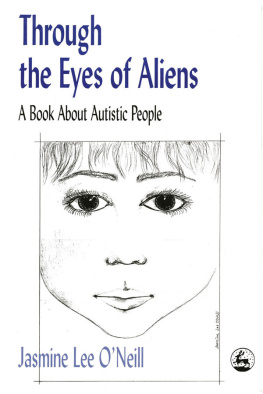Mudlark
An imprint of HarperCollinsPublishers
1 London Bridge Street
London SE1 9GF
www.harpercollins.co.uk
HarperCollinsPublishers
Macken House, 39/40 Mayor Street Upper
Dublin 1, D01 C9W8, Ireland
First published by Mudlark 2023
FIRST EDITION
Pete Wharmby 2023
Cover design by Ellie Game HarperCollinsPublishers Ltd 2023
A catalogue record of this book is available from the British Library
Pete Wharmby asserts the moral right to be identified as the author of this work
All rights reserved under International and Pan-American Copyright Conventions. By payment of the required fees, you have been granted the nonexclusive, non-transferable right to access and read the text of this e-book on screen. No part of this text may be reproduced, transmitted, downloaded, decompiled, reverse engineered, or stored in or introduced into any information storage retrieval system, in any form or by any means, whether electronic or mechanical, now known or hereinafter invented, without the express written permission of HarperCollins e-books.
Find out about HarperCollins and the environment at
www.harpercollins.co.uk/green
Source ISBN: 9780008529260
Ebook Edition March 2023 ISBN: 9780008529284
Version: 2023-01-27
This ebook contains the following accessibility features which, if supported by your device, can be accessed via your ereader/accessibility settings:
- Change of font size and line height
- Change of background and font colours
- Change of font
- Change justification
- Text to speech
- Page numbers taken from the following print edition: ISBN 9780008529260
For my daughter,
in the hope that this book might help
make the world a better place for her
Contents
Introduction
1 The Social Web
Appendix
About the Publisher
Landmarks
List of Pages
If you and I were ever to meet, I doubt youd suspect a thing. No alarms would be raised or red flags waved as your eyes scanned my face and your ears heard my voice. Reassured, you would talk to me normally. As an equal. As a peer. You would happily assume that I was just like you, and maybe wed chat for a while: small talk about the weather, sports, you know the kind of topics. Then you would go about your business as you always have, and probably not give me a second thought.
Or
If you and I were ever to meet, youd notice straight away. Your brain so attuned to tiny variations would spot all the signs. Those tiny flickers away as I avert my eyes from yours; the slightly slower response times to your questions; the slight oh, so very slight traces of panic as our small talk continues. You would be feeling it yourself too, of course. The fatigue of maintaining conversation; the dreaded judgements of what is or isnt a suitable topic for small talk. The awful, wrenching intimacy of even feigned eye contact. You have lived with this all your life. Like me, you can pretend. You can appear normal when necessary. You can mask everything about you thats different and unacceptable, allowing you to maintain some human relationships, and maybe hold down a job. But its hard. Its so very hard, so exhausting. And here you are talking to another.
Some of you will not understand the previous paragraph. For others, it will be painfully close to the bone, full of things you recognise and dread, things you may have been able to make peace with, or still struggle with to this day.
It all basically depends on whether youre autistic or not.
Interesting fact: weve absolutely no idea how many autistic people there are in the world. It used to be set at the suspiciously round number of one in every hundred a figure still used, even by many major autism charities. Theres comfort to be found in that nice, simple 1 per cent figure, which keeps autistic people very firmly established as a tiny minority. But its wrong. More recent figures sway wildly from one in sixty to one in twenty-five. Thats a huge variation we obviously dont have a clue what the real number is, but one thing is clear: you share the planet with more autistic people than you ever thought possible.
Were also all at sea about the demographics of the autism community. The accepted idea used to be that the vast majority of autistic people were male. Boys, in fact; it has always been viewed as a childhood condition. As we accelerate into the third decade of the twenty-first century its becoming clear that this assumption is way out, and that the number of autistic girls and women is probably just as high as the number of autistic boys and men. But news about minorities travels slowly.
What about race? The overriding perception of autism is that its very white. Black autistic people are still seen as rare and unusual individuals when, in fact, the proportion of Black autistic people is seemingly in line with the proportion in the white community. The same is true for every other ethnicity on the planet. Wherever you find people, youll find autistics. This has startling implications both historically and in the present, which I will explore later on. To repeat: with a world population of autistic people that could be as big as 230 million, its likely that you know a lot more of us than you expect, whether we ourselves know it yet or not.
But enough with the numbers. Lets talk stereotypes. Everybody thinks they know what autism is. After all, theyve watched Rain Man, read The Curious Incident of the Dog in the Night-Time and loved Sheldon Cooper in The Big Bang Theory (so delightfully kooky). Theyve had their mandatory training on diversity and have combined all this into a vague sense that autistic people are out there and are different, but their understanding is usually pretty crude and ill-formed. Or at least thats the impression I get whenever I talk to non-autistic people either online or in the wild. They exude confidence on the subject, telling me their opinions on neurodiversity (the word, expressing the vast diversity of neurological experience that makes us human, was coined by Dr Judy Singer in the late 1990s) without hesitation or seemingly any thought at all. After all, they will say, smiling, arent we all somewhere on the spectrum?
The problem is, autism has gone down the same muddy, over-used path that obsessivecompulsive disorder has found itself wandering down (apparently avoiding the puddles and grouping footsteps into multiples of four, of course). People know the folk myth, not the reality, and its familiar enough that they deploy it casually when talking about themselves; just one ingredient in the conversational self-diagnostic recipe. A sprinkle of obsession, a dash of compulsion, a soupon of disorder all add a bit of flavour. I just have to have all of my pens lined up nicely and my books in alphabetical order. Im so OCD! OCD is the overused coriander of neurology.
And autism is the turmeric spicier, more noticeable. Were all, if these overconfident folks are to be believed, spiced up with a little pinch of autism; just enough to make us interesting. Neurotypical people recognise just enough autism or spectrum-y in themselves to count themselves in the club and free to let loose with their opinions about it. What autism is. How it works. What it does. How autistic people need to be treated. And these opinions are usually entirely wrong. Not just wrong actively harmful and even dangerous. As I write this, an American educational centre has been allowed to return to the practice of severely electrocuting their autistic child patients for misdemeanours. This stems from a complete misunderstanding about how autistic children work, and how to help them. Its also utterly inhumane and disgusting, but then whats new in the treatment of autistic people? This stuff has been going on for years.

